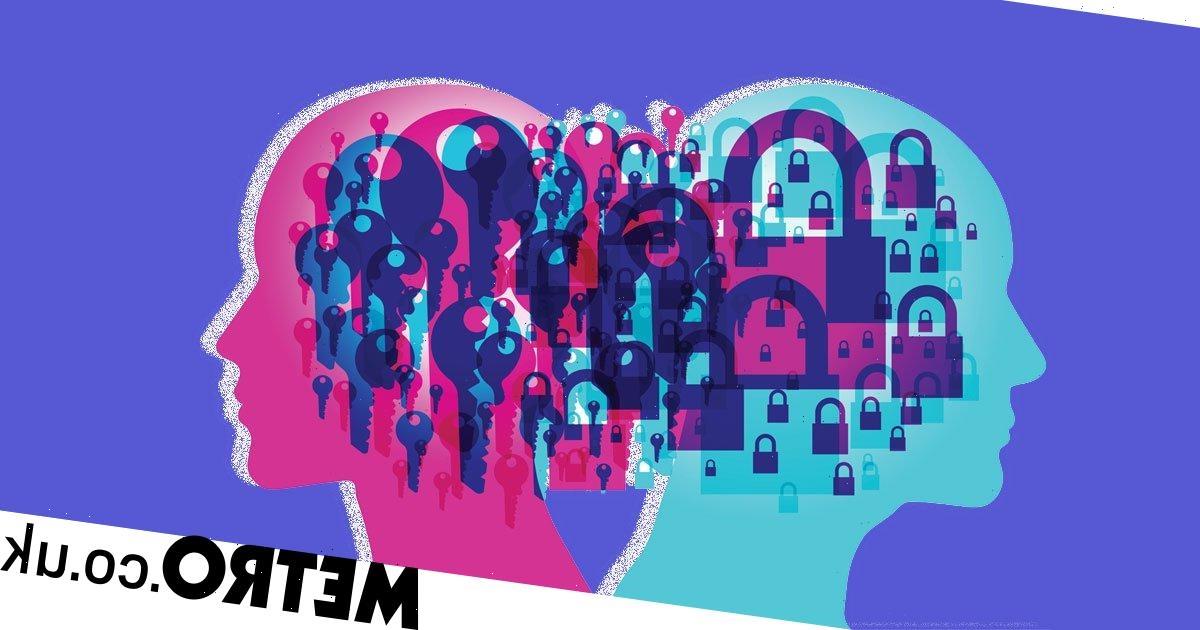
We use your sign-up to provide content in ways you’ve consented to and to improve our understanding of you. This may include adverts from us and 3rd parties based on our understanding. You can unsubscribe at any time. More info
Published in Frontiers in Behavioral Neuroscience, the study suggested the ‘love hormone’ released in older people’s brains means those entering retirement tend to be happier than younger people.
Scientists said people that release more of the neurochemical oxytocin are kinder to others and tend to be more satisfied with their lives.
The amount of oxytocin released in the brain increases with age, showing that on average, people are more caring as they get older, researchers discovered.
Experts said these findings are consistent with many religious philosophies, where satisfaction with one’s life is enhanced by helping others.
Oxytocin is a neurochemical widely known for its role in social attachment, interpersonal trust, and generosity – known as the ‘love hormone’.

Dr Paul Zak of Claremont Graduate University in California and a first author of the study, noted a correlation between oxytocin and typical signifiers of kindness.
He said: “The findings of our study are consistent with many religions and philosophies, where satisfaction with one’s life is enhanced by helping others.
“Participants in our study who released the most oxytocin were more generous to charity when given the opportunity and performed many other helping behaviours.
“The change in oxytocin was also positively related to participants’ empathy, religious participation, and gratitude.”

Dr Zak and his colleagues wanted to understand if the release of oxytocin changed with age, as is found with some other neurochemicals that influence feelings and behaviours.
He added: “We have previously shown a link between how kind and generous people are, known as prosocial behaviours, and the release of oxytocin.
“Seniors spend more time volunteering and donate a larger proportion of their income to charity than do younger people, so we wanted to see if there was a neurochemical basis for these behaviours.”
Researchers recruited more than 100 people for the study, ranging between the ages of 18 and 99 that were each shown a video about a little boy with cancer, which previous work had confirmed to induce oxytocin release in the brain.
Blood was taken before and after the video to measure the change in oxytocin.
DON’T MISS
Royal POLL: Would you welcome Harry and Meghan back to live in the UK
One dead and one airlifted to hospital after Manchester stabbing
Tory grandee ‘expects’ MPs to pass Boris partygate investigation

Dr Zak said: “Participants had the option to donate some of their earnings from the study to a childhood cancer charity, and this was used to measure their immediate prosocial behaviour.
“We also collected data on their emotional states, to provide information on their overall satisfaction with life.
“People who released the most oxytocin in the experiment were not only more generous to charity, but also performed many other helping behaviours.
“This is the first time a distinct change in oxytocin has been related to past prosocial behaviours.
“We also found that the release of oxytocin increased with age and was positively associated with life satisfaction.”

The finding that helping behaviours improve the quality of life is consistent with many faith traditions and philosophies, the scientists said.
Serving others appears to prime the brain to release more oxytocin in a positive feedback loop of increased empathy and gratitude, according to experts.
Dr Zak said he wants to repeat this study in a more ethnically and geographically diverse sample of people to see if the findings hold for different cultures.
He added: “We would also like to conduct a longer-term measurement of neurophysiology using non-invasive wearable technologies to see what specific activities raise people’s satisfaction with life.”
Source: Read Full Article


